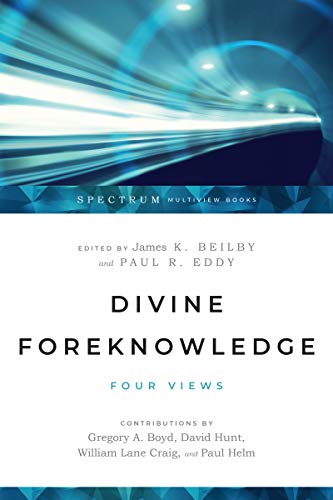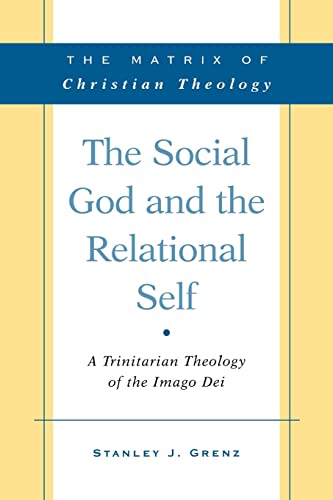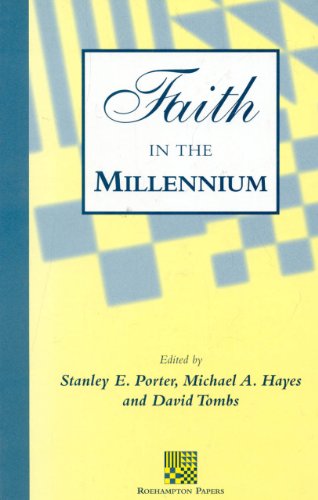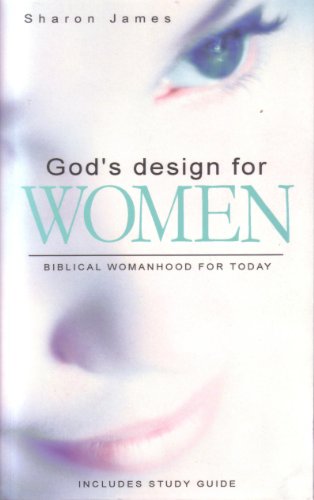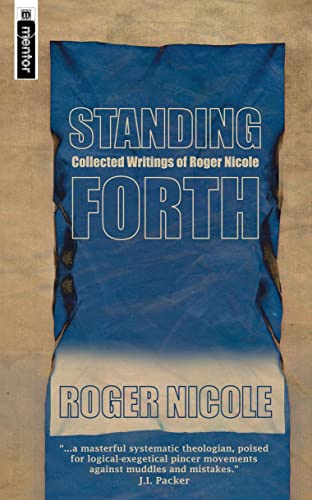Volume 28 - Issue 3
It’s a New Week
By Robbie F. CastlemanIn the ‘yet and not yet’ of Kingdom living it is often easy to get discouraged. Christians know the wonder of living in ‘his marvellous light’, and yet darkness deepens in our world. Christians have confidence in ‘his strength perfected in weakness’, and yet a soul-weariness often ends and begins our day. Christians embrace the Truth, and yet hope for the world gets lost in the sound-bite of daily life. The road to Emmaus is a long road even when walking with the living Lord.
Weary ‘road-warrior’ Christians are admonished by the Apostle Paul ‘not to lose heart’ because we are called to this life by God’s mercy, God’s grace, accompanied by God’s people (2 Cor. 4:1, 16). Tony Campolo has popularised encouragement for Christians by the catchy expression, ‘It’s Friday, but Sunday’s coming!’ Dr Campolo attempts to cheer us along as we are crucified with Christ and yet live. I liked Campolo’s maxim when I first heard it, but I like it less the more I think about it.
If I read the NT correctly, Friday is over, the Saturday of doubt and discouragement has been dispelled, Sunday’s tomb is still empty. So, it must be a new week. And this new week in which we find ourselves still follows the tri-Pentecosts of the book of Acts. The Spirit of God is poured out on Jews, Samaritans, Gentiles, young and old, sons and daughters, all summed up, being in Christ—the new creation (Acts 2; 2 Cor. 5:17).
‘The new creation’, the recreation of a new week, a new people.
It is interesting to note that in the first week of God’s creative work, the first six end with the declarative ‘and there was evening and morning’ (Gen. 1:5, 8, 13, 19, 23, 31), but this phrase is pointedly missing from the seventh day. The seventh day does not end with concluding refrain of ‘evening and morning’. The seventh day is set aside by God as ‘holy’. In fact, this is the first use of this word in the Scripture. It’s not a place or a people, not an idea or an icon, but time is the focus of what is declared holy by God. God’s rest is holy, not a respite from weariness, not a needed recovery time from the work of creation. The triune God was not diminished in any way by his creatio ex nihilo. He created out of nothing, not out of himself. The seventh day was a holy day, a holiday to enjoy what was made, to bless all that had become.
So, how long was this ‘seventh day’? When do we hear the refrain of its ending? It is certainly worth pondering the continual invitation throughout the OT and in the gospels to enter into the sabbath rest of God. From the Mosaic rhythms of life and land, from the exilic anguish of remembrance in the prophets, to the personal invitation of Jesus, the invitation to this holy time of Sabbath blessing is extended to Gods people. How can this be a reality unless it existed in the reality of a continuing seventh day?
It makes some sense to me that all of salvation history, from the fall to the cross, would happen in the context of God’s persistent abiding with us because the Sabbath day was set apart for blessing and holiness. The day could not end with rebellion and sinfulness. No, the day would end when it was ‘the first day of the week’. ‘On the first day of the week, while it was still dark’ (John 20:1; also 20:19). ‘After the Sabbath, as the first day of the week was dawning’ (Matt. 28:1; Mark 16:2; Luke 24:1). Is the resurrection of Christ the prelude to a new week of God’s renewed work of recreation? Is not the ascension of Jesus, the pouring out of the Spirit, the creation of a new community of God’s people in the church all a part of God’s new work—the beginning of what will become in the fullness of time, God’s new heaven and new earth?
No, it’s not Friday. Saturday is over. Sunday is triumphantly past. It’s a work week in the Kingdom of our God! God is at work recreating his heart’s desire from the rubble of our world. Dig in! Work hard! Don’t lose heart! Look and see what is missed by those without eyes to see ‘what cannot be seen’ (2 Cor. 4:18). It’s okay to ‘groan’ in our temporary burden of mortal life—God has prepared us ‘for this very thing’, to ‘walk by faith and not by sight’ in order to please him (2 Cor. 5:1–10). Let us not grow weary in doing what is right. We must work and not give up (Gal. 6:9).
When I love the work that I do, I can work long hours and not grow tired. When I am engaging my gifts, engrossed in a fascinating idea or challenge I cannot be distracted, I’m energised, focused: I’m precise and into the details to make sure it’s my best work. Work done in love might make me tired, but it never makes me weary. We need to remember that work existed before the Fall. It’s the Fall that made work into toil. In the yet, and not yet of kingdom’s here and coming reality, Christians need to be people who reclaim a measure of the joy of working well.
There is work to be done as God’s new people in this new week of recreation and the ‘love of Christ urges us on’ (2 Cor. 5:14). Eden’s glory and grief are behind us. ‘As we work together with him, we urge you also not to accept the grace of God in vain’. For he says, ‘At an acceptable time I have listened to you, and on a day of salvation I have helped you. See, now is the acceptable time; see now is the day of salvation!’ There is coming a day when the God ‘who began a good work in us brings us to completion’ (Phil. 1:6), an eternal day in the new creation when work will fully know no toil, every tear is dried, and every knee is bowed. In the eternal sabbath of God, righteousness will finally be at home. Until then, we have good work to do.
Robbie F. Castleman


